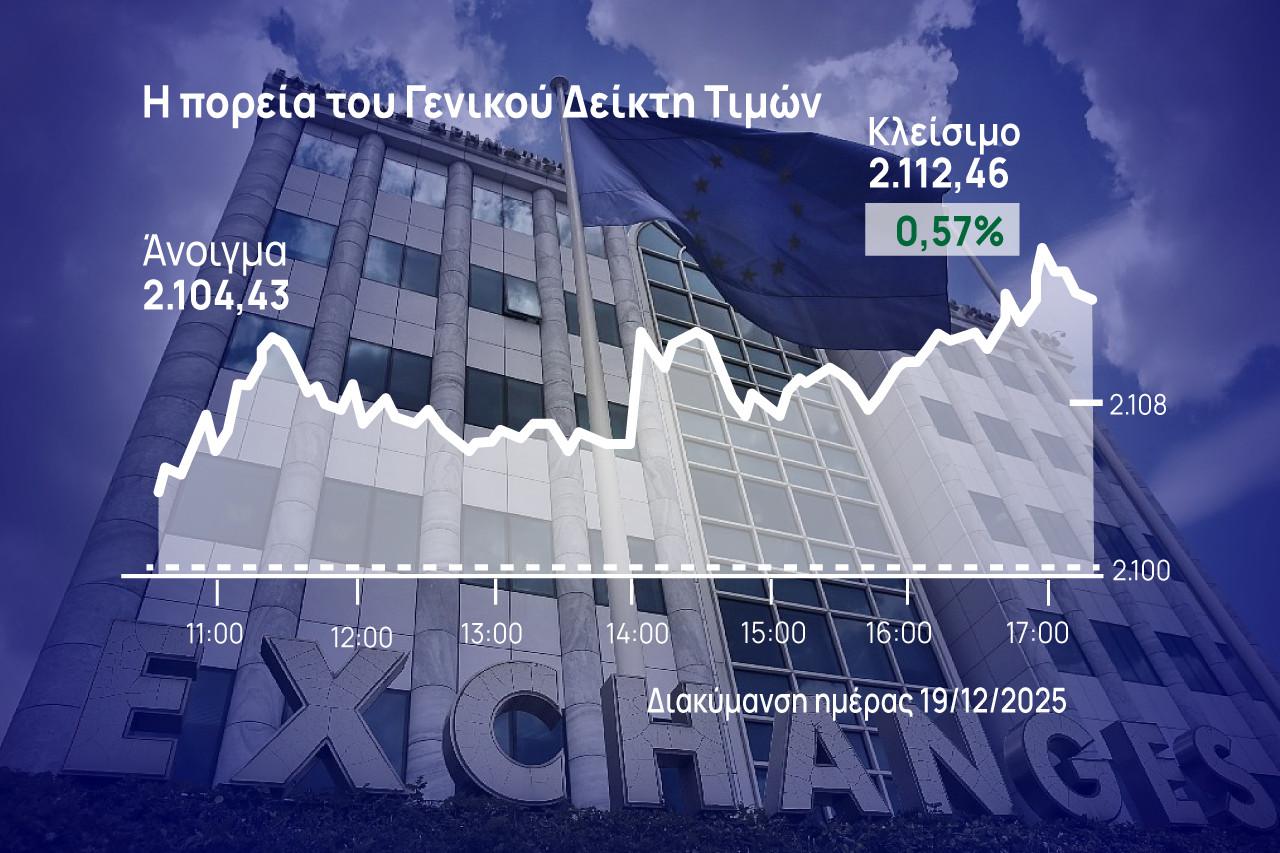“The problem of the Greek economy – and consequently of the labor market – was and remains that we do not have a strong production base, with an export orientation. We do not have a productive base capable of creating more, sustainable, and well-paid jobs. If we do not fix this problem we will not solve any of the rest. Dialogue on the workplace needs simple logic, sobriety and arguments.” This was stressed by the president of the Central Union of Chambers and the Athens Chamber of Commerce and Industry (ACCI), Konstantinos Michalos, in a statement on the new labor bill.
He stressed that “in the dialogue that has begun on changes in the workplace, we need simple logic and not dogmas and ideologies. This is a reality where many private sector workers, in addition to receiving low wages, are unable to receive compensation for much of the overtime work they do, in violation of labor law and collective bargaining agreements.” He added that “this regime, in addition to the effects on employees, has created conditions of unfair competition between companies, with the result that it’s not the best who wins, but the one who does not comply with either the laws or the collective labor agreements.”
The interventions that, according to Mr. Michalos, should be made are, among other things, the digital work card, the transformation of the labor Inspectorate (SEPE) into an independent authority according to Hellenic Authority for Communication Security and Privacy standards, its reinforcement with digital media and human resources and the imposition of severe penalties on those violating the law and collective bargaining agreements.
Regarding the regulation of work time, he pointed out that “it is valid – as in all of Europe – in our country for many years. Today, about 35% of companies in Greece have used this opportunity, compared to 80% and 90% of companies in European Union member states. In practice, however, it only applies to large companies, where organized trade unions operate and relevant agreements can be concluded. But what about the smaller companies, which do not have unions and actually solve these issues by violating labor laws and collective agreements, always to the detriment of the rights of their employees?
Is it better to tolerate this reality or to try to provide solutions that serve the legitimacy, transparency and observance of the rules by all? I believe that such a change can be positive and beneficial for both small businesses and their employees. Because they will be able to better cope with the seasonal fluctuations of demand, observing the span of the semester the provisions of the law for the 8 hours a day and the 40 work hours per week. The government should enable employees in companies that do not have unions to be able to agree at their request once a semester to a working time arrangement. A precondition for this will be the keeping of the digital work card by the company and in no case under the responsibility of the employee.”
Six out of ten companies maintain teleworking
“But beyond the regulation of work time, there is a need to adapt the country’s legal framework to new conditions and data. A recent survey by the National Center for Documentation and Electronic Content showed that 6 out of 10 Greek companies will maintain teleworking after the pandemic. In the face of this new reality, is it not necessary to establish appropriate, uniform, and transparent rules for all so that it does not work to the detriment of employees and consistent companies?” queried Mr. Michalos, referring to the regulations on this issue . He underlined that “if the distance work continues, who pays for the equipment? Who pays for the connection cost? How will working hours be observed? Will the employee have the right to disconnect when his working hours end and how can authorities find out? ”
Finally, in relation to the equal participation of the two sexes in the work mentioned in the report of the WORLD ECONOMIC FORUM GLOBAL GENDER GAP REPORT 2021, according to which Greece is ranked 98th among the 156 countries, the need to take measures to remove the causes that create the wage gap between men and women in our country is noted.”














![Airbnb: Πρόταση για σύσταση ταμείου για τη στεγαστική κρίση [πίνακας]](https://www.ot.gr/wp-content/uploads/2025/11/airbnb.jpg)

























